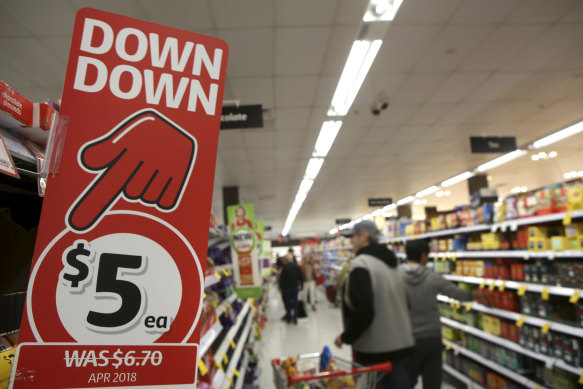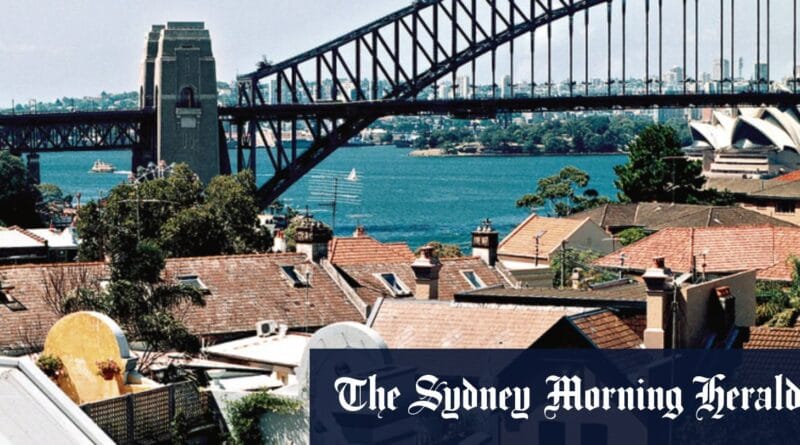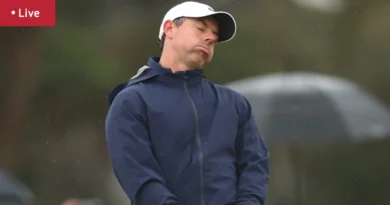Sydney housing joins Melbourne in losing value
“These markets remain well and truly in favour of sellers, although the balance is starting to gradually improve.”
The rental market is also showing signs of easing. Rents in Sydney (down 0.6 per cent), Melbourne (down 0.4 per cent), Brisbane (down 0.3 per cent), Hobart (down 0.6 per cent) and Canberra (down 1.5 per cent) have all fallen over the past three months.
Loading
This week’s monthly inflation figures showed rent inflation slowing to 6.6 per cent in September, down from 7.1 per cent in June.
Lawless said the softer rental market was probably due to a slowdown in net overseas migration and an increase in the average size of households, which shrank sharply during the Covid pandemic.
Figures from the Australian Bureau of Statistics on Thursday suggest a lift in new housing supply is on its way. Approvals for private homes rose by 4.4 per cent in September to their highest level since August 2022.
Over the past year, approvals for houses have grown by 16.7 per cent. Approvals for units increased by 4.7 per cent during the month but are down 12.2 per cent over the past 12 months.

Grocery retailers are noticing a change in shopping habits as people seek out discounts.Credit: James Alcock
Relatively high interest rates, and ongoing cost pressures, continue to plague the property market.
The start of the stage 3 tax cuts on July 1 prompted fears consumers would use their share of the $24 billion in tax relief to go on a spending spree that would amplify inflation pressures and delay possible interest rate relief.
But the value of retail sales in September lifted by just 0.1 per cent to be up by just 0.8 per cent since the tax cuts hit consumers’ bank accounts.
Spending per person has now fallen for nine consecutive quarters and is at its lowest level since September 2021.
Loading
While the value of household good sales lifted by 0.5 per cent in the month, this followed a 0.4 per cent drop in August. Sales through department stores (0.5 per cent), clothing and footwear (0.1 per cent) and food (0.1 per cent) all dropped.
KPMG chief economist Brendan Rynne said the retail sector remained in a deep per-capita recession, with the figures confirming consumers were watching every cent they spent.
“This result also raises the prospect of a negative economic outlook for the September quarter,” he said.





